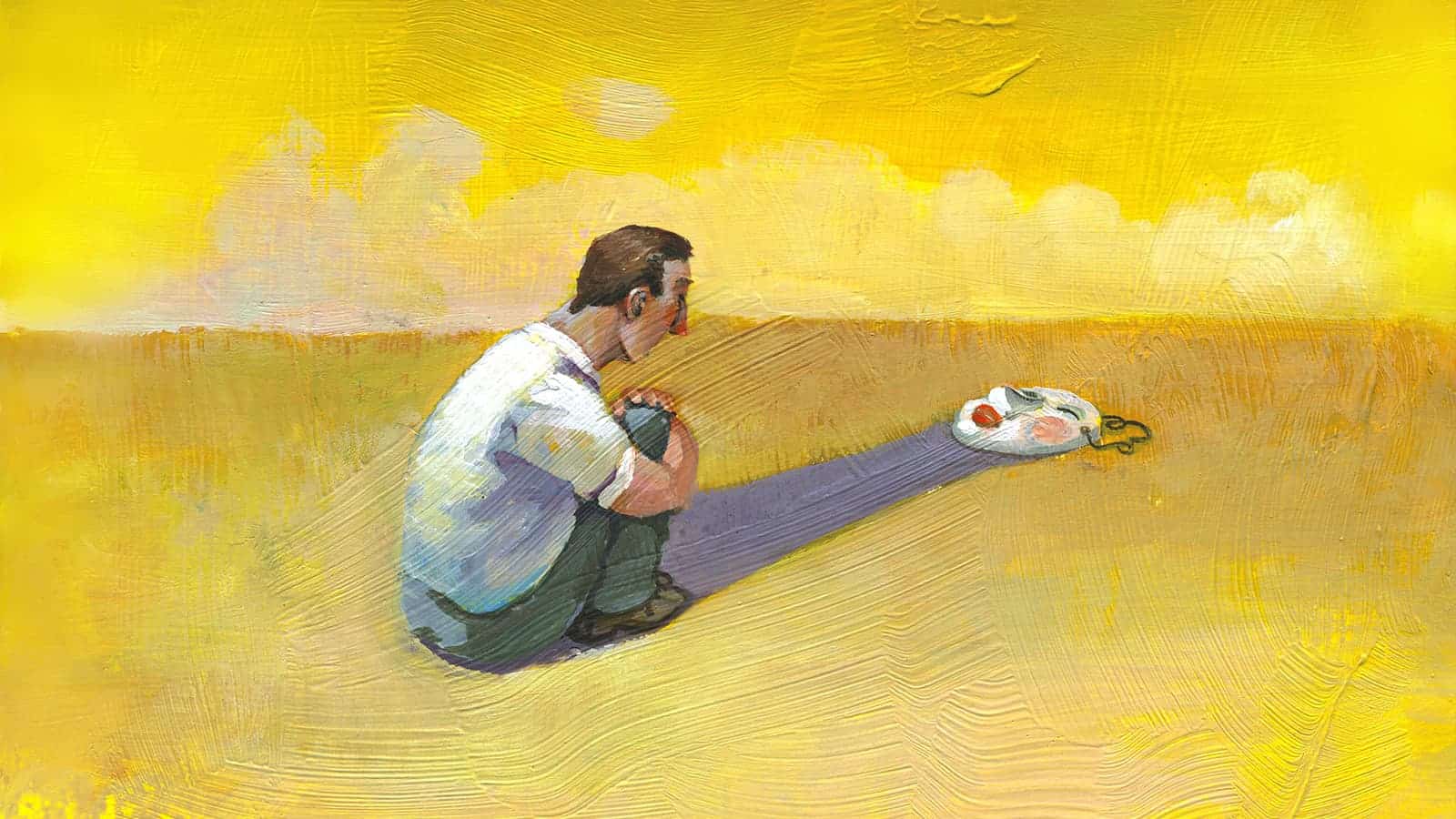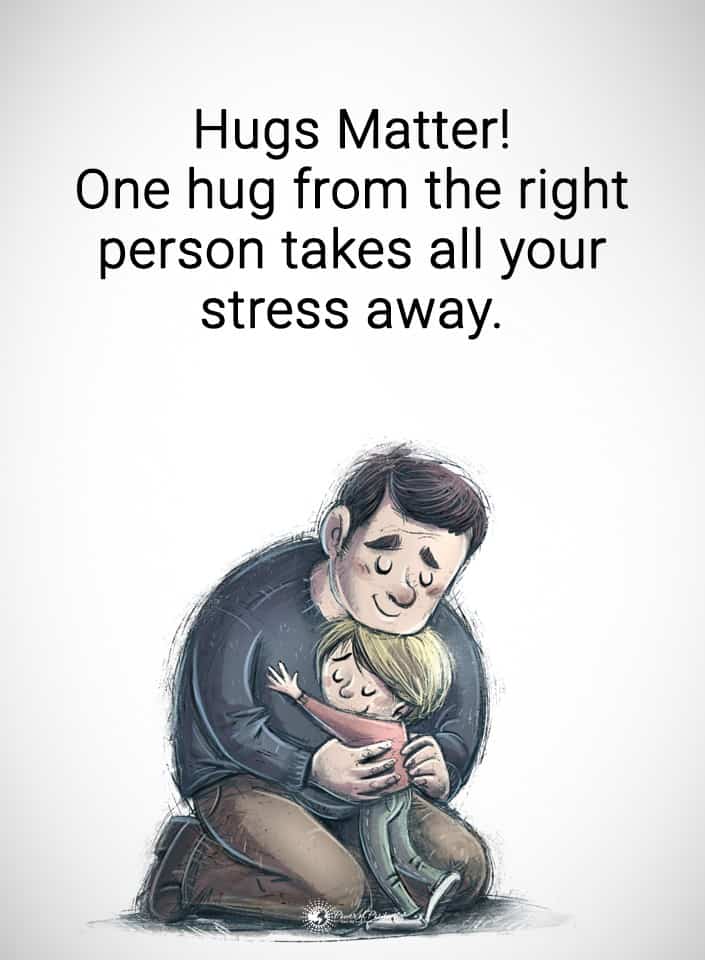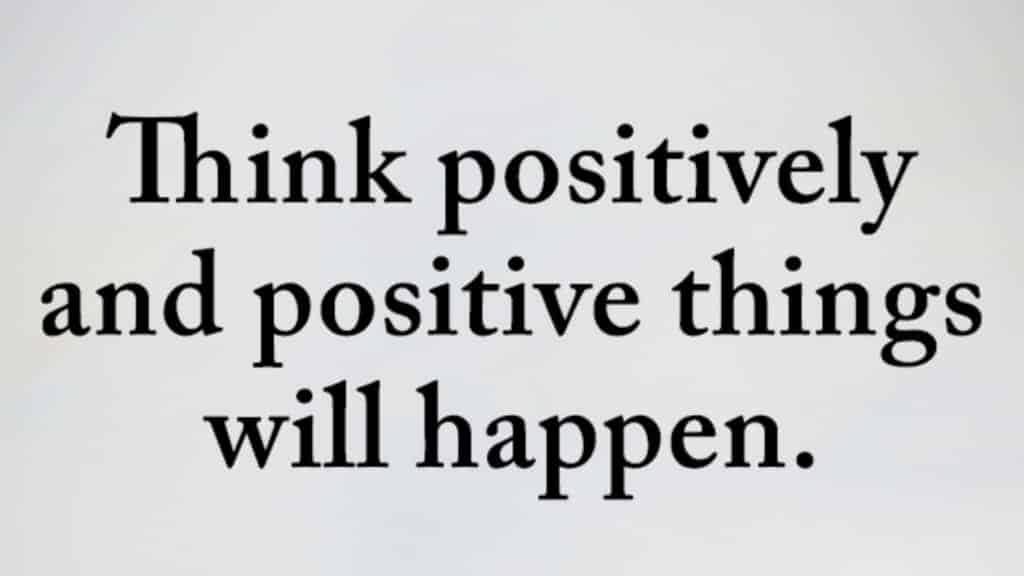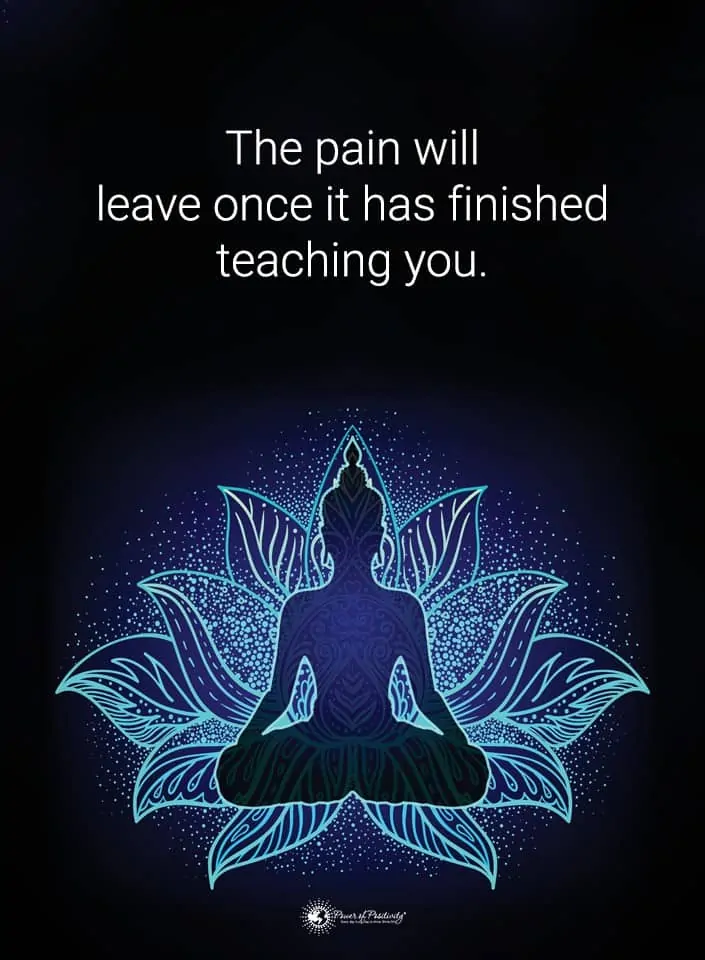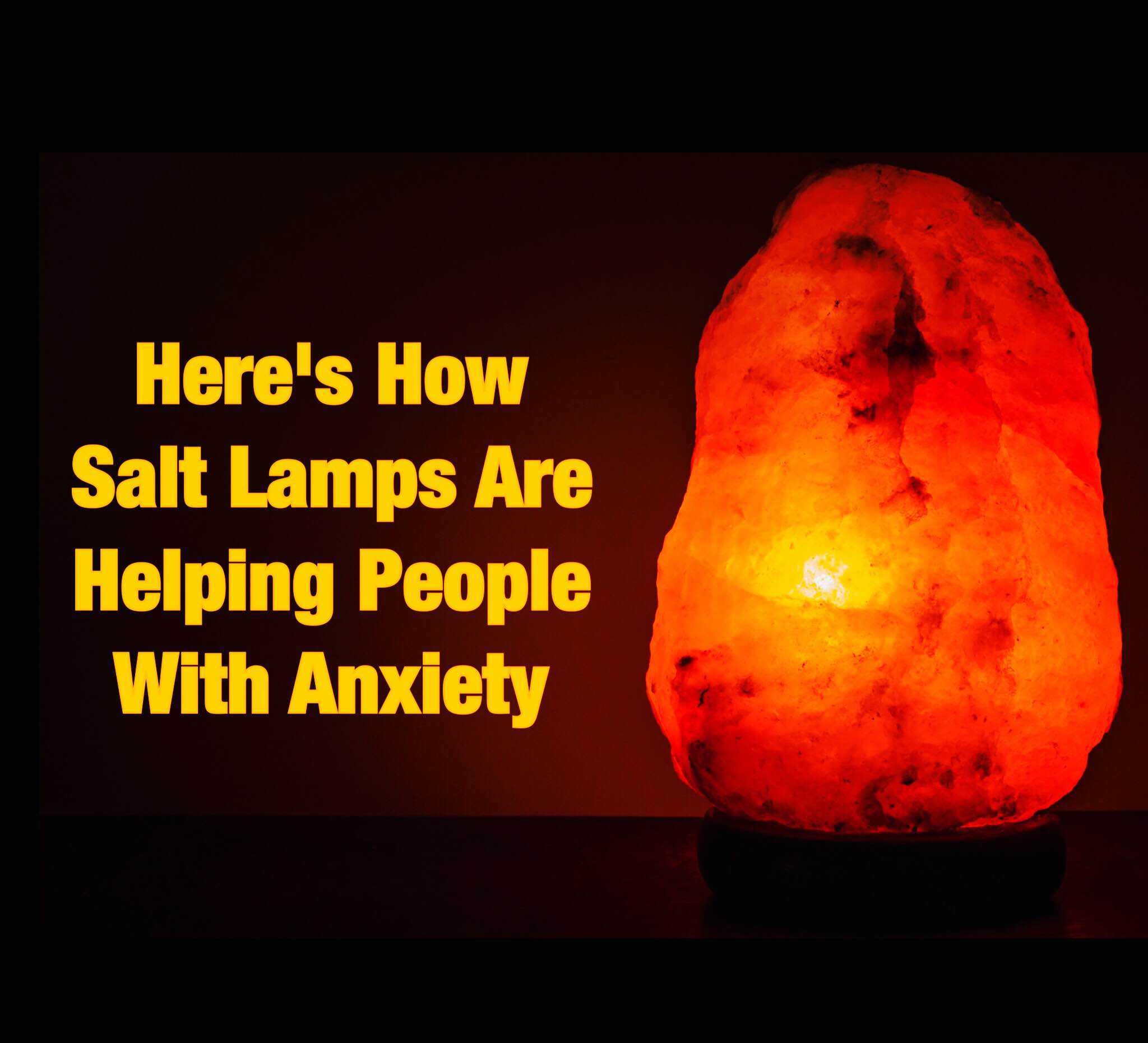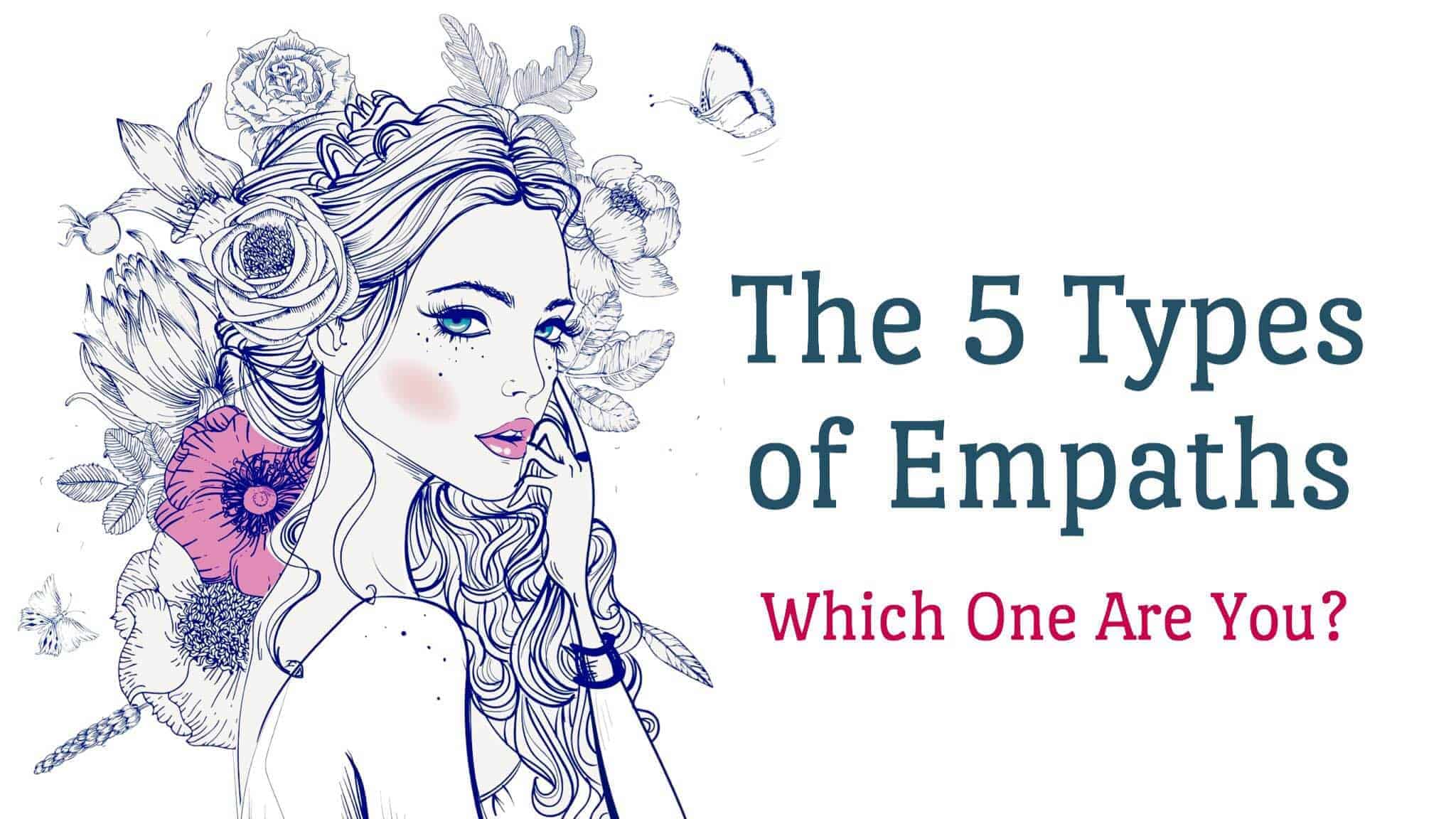Have you ever heard someone exclaim, “Ugh, I’m so depressed!” when referring to moments of feeling sad, even though they don’t have a mental illness? Have you wondered if that’s acceptable to do? You’ve come to the right place to find out!
Sadness is a straightforward term: it refers to the emotional state of being sad. Commonly seen as the “opposite” to happiness, it’s a natural reaction to certain unfavorable events and affects many people. You’ve probably been sad multiple times over the course of your life.
Depression, on the other hand, refers to a mental health condition. You usually feel sad in a way when you’re depressed, but it’s much more severe, and it can affect, or even ruin, your life. It’s difficult to control and affects a worryingly sizable chunk of the American population.
So what happens when you say you’re depressed when you’re really just sad? Well, this sort of language, while often not ill-intentioned, can be damaging to people with actual mental illnesses. On top of that, it’s also just plain inaccurate! Still not sure how to tell the difference? Fret not! Here are 5 reasons why feeling sad isn’t the same as being depressed.
1. Feeling Sad vs. Mental Illness
Feeling sad is a common emotion experienced by many people in the event of negative circumstances. Everyone experiences sadness and even periods of sadness following difficult events, disappointments, and other similar issues.
Although it feels negative, sadness is a productive feeling. It’s part of what makes you a human being, and it helps you work through and process different events and circumstances. In moderation and when necessary, the feeling is not just natural but also necessary.
Conversely, depression isn’t just an emotion – it’s a mental health problem. Even without a diagnosed depressive or mood disorder, depression is a medical term referring to unusual and disruptive levels of negative mood.
If it’s helpful, you can think of sad moods as a spectrum. On the far start of the spectrum is normal sadness, and at the very far end is severe depression. There are many different degrees of sadness and depression between that, but specific criteria determine when something can be considered depression.
The Diagnostic and Statistical Manual of Mental Disorders, 5th Edition: DSM-5 defines depression as the experience of five or more of the following symptoms:
- A depressed mood almost every day for most of the day (required symptom if the loss of interest is not present)
- Loss of or noticeably diminished pleasure and interest in most or all daily activities, almost every day (required symptom if depressed mood is not present)
- A lack of or loss of energy, or an experience of fatigue, almost every day
- Appetite level changes almost every day, OR noticeable weight loss without dieting OR noticeable weight gain
- A reduced ability to focus, make decisions and think almost every day.
- A reduced level of physical activity or thought slowness that can be observed by others and are not restless or subjective
- Emotions of excessive guilt or worthlessness almost every day
- Repeated or recurring suicidal ideation, thoughts of death, suicidal planning, or suicide attempts
2. Specific Events vs. General Experience
Specific events or circumstances typically trigger sadness. Yes, sometimes you may not be sure why you are sad, but there are easily defined causes for sadness for the most part. For example:
- The loss of a job
- A sudden change or upheaval in life or routine
- Rejection
- A break-up
- Homesickness
- Disappointment
- The illness of a loved one
- The death of a loved one
But what about depression? Well, studies certainly have indicated specific events can still trigger depression. However, the difference is that depressed individuals typically are more susceptible to negative events like this, thus leading to a deeper experience of depression. The triggering of depression from specific events can also lead to prolonged, disproportionate depressive episodes or long-term depression.
And, of course, it’s worth noting that in many cases, depression seems to pop up from nowhere at all. This contributes to feelings of confusion and worthlessness, as the person involved may feel that they don’t deserve to have depression to begin with.
3. Cheering Up vs. Inability To Enjoy Things
When you’re sad, even if you don’t feel much like doing what you usually like, you can typically find ways to cheer yourself up. Sure, it takes some coaxing, and you might not opt for your usual favorite things, but there’s sure to be something that perks you up again. It might be a good book, a favorite show, some good music, or even a pet.
With depression, though, that’s less likely to work. In fact, this is one of the main factors of depression: an inability to experience pleasure at all. The decreased positive thinking becomes almost all-consuming, and it’s not possible to be excited about, interested in, or feel positive about any of the things you usually love. You may feel:
- A complete loss of passion for things you once loved deeply
- That engaging in activities you once enjoyed is pointless.
- A lack of interest or investment with things you once devoted your time and energy to
- An inability to sustain any positivity you may feel towards these things for longer than a brief period.
4. Reluctance vs. Inability
Sadness can make you reluctant to do a lot of things. But it doesn’t remove your ability to do them at all. With depression, you may find that you can’t do anything at all, no matter how much you know you should – and even no matter how much you genuinely want to. Here are some examples of where this becomes most obvious:
· Eating
Emotional overeating and undereating are both often engaged in when you’re sad. Regardless, you’re likely to eat still if you get starving, and you have some regulation for emotional eating even if you’re stuffing your face more than usual. But if you’re depressed, you might feel so much that everything is pointless that you don’t care about your health anymore, causing you to eat as little or as much as you feel driven to do no matter what.
· Hygiene
When you’re sad, you might not feel like doing your usual skincare routine, and you might even skip a shower for a day. But there’s a limit to how much you’ll let sadness affect you before you say, “Okay, time to stop this.” On the other hand, depression can cause you to be completely unable to keep up your hygiene at all. You may not shower for a week, might stop brushing your teeth, or stop taking out the trash altogether.
· Daily Tasks
You might need a couple of days to process sadness before you can throw yourself back into everyday duties. Still, ultimately, you’re likely not going to let yourself lose your jobs and ruin your relationships because you’re sad. With depression, everyday things become impossible. You know you have to go to work, reply to texts, and perform chores, but you simply can’t. And with every passing second, you sink more and more into either guilt at not doing those tasks or feelings that everything is too worthless to bother. This is why many depressed individuals are often labeled “lazy,” even though they can’t control it.
5. Short-Term vs. Long-Term
When you’re sad, what you’re experiencing is an emotion. By nature, emotions come and go. They ebb, flow, grow, and fade with time in turn. Even sadness that is more stretched outcomes in lapses. Depression, on the other hand, is long-term. It must last for at least 2 weeks and, for many people, it may never really go away. Here are some examples of this time-based difference:
· Persistence
Sadness usually goes away after a few days, or you will at least be able to notice things fading in intensity or at least improving as time goes on. With depression, it’s long-term. Most people experience depression for months, if not years, and some may never really fully recover from it, either. There’s no way to snap out of it.
· Variations of Feeling Sad
Sadness, even when stretched out, may come and go. For example, if you’re recovering from a break-up, you may feel sad for a longer period, but it will likely come and go. You’ll have days when you feel great and days when the sadness comes back, and it may even change with the hour. With depression, things are often one monochrome shade of grey. Even on “good” depression days, things are just “fine.” It’s as if the depression is now the undercurrent for everything.
· Changes
Sadness can ruin a day or two, especially if your sadness is a little inconsolable. Still, you’ll likely be able to carry on with the things you absolutely have to do and even muster some positive thinking. On the other hand, depression can change your entire life. It can feel like you’re living in a completely different world than you were before, and the disorder colors all aspects of what you once knew. It can be a terrifying experience.
Final Thoughts On Why Feeling Sad Isn’t The Same As Being Depressed.
There is a trend in everyday language where people use hyperbole to express themselves. Unfortunately, this hyperbole sometimes crosses into territory that it shouldn’t be in. For example, someone who likes things clean may say they have OCD even though they don’t, or someone may call themselves “autistic” for missing a social cue.
These uses of hyperbole aren’t just a little too extreme, but they’re also dangerous. They create stigma surrounding actual, real mental disorders and illnesses. They give off an idea that these disorders are either less severe than they truly are, or they make it seem like no one really has them because everyone claims to. For things like sadness versus depression, that can be the whole difference between someone getting life-saving help or succumbing to their illness.
Of course, you shouldn’t gatekeep people who use the term “depressed” if you don’t know their story. Many people with depression refer to it flippantly as a humorous coping mechanism, and you can’t tell who does or doesn’t have this disorder from the outside looking in. Instead, focus your energy on being more aware of your own language and using more correct terms to describe your emotions.
If you feel that what you’re experiencing is more similar to descriptions of depression than feeling sadness, you should seek a professional opinion. Even if you’re just not sure at all, there’s no harm in speaking to a doctor or mental health professional to know for certain! Don’t be afraid to reach out for help. There are sure to be people who can help you and are happy to do so.

